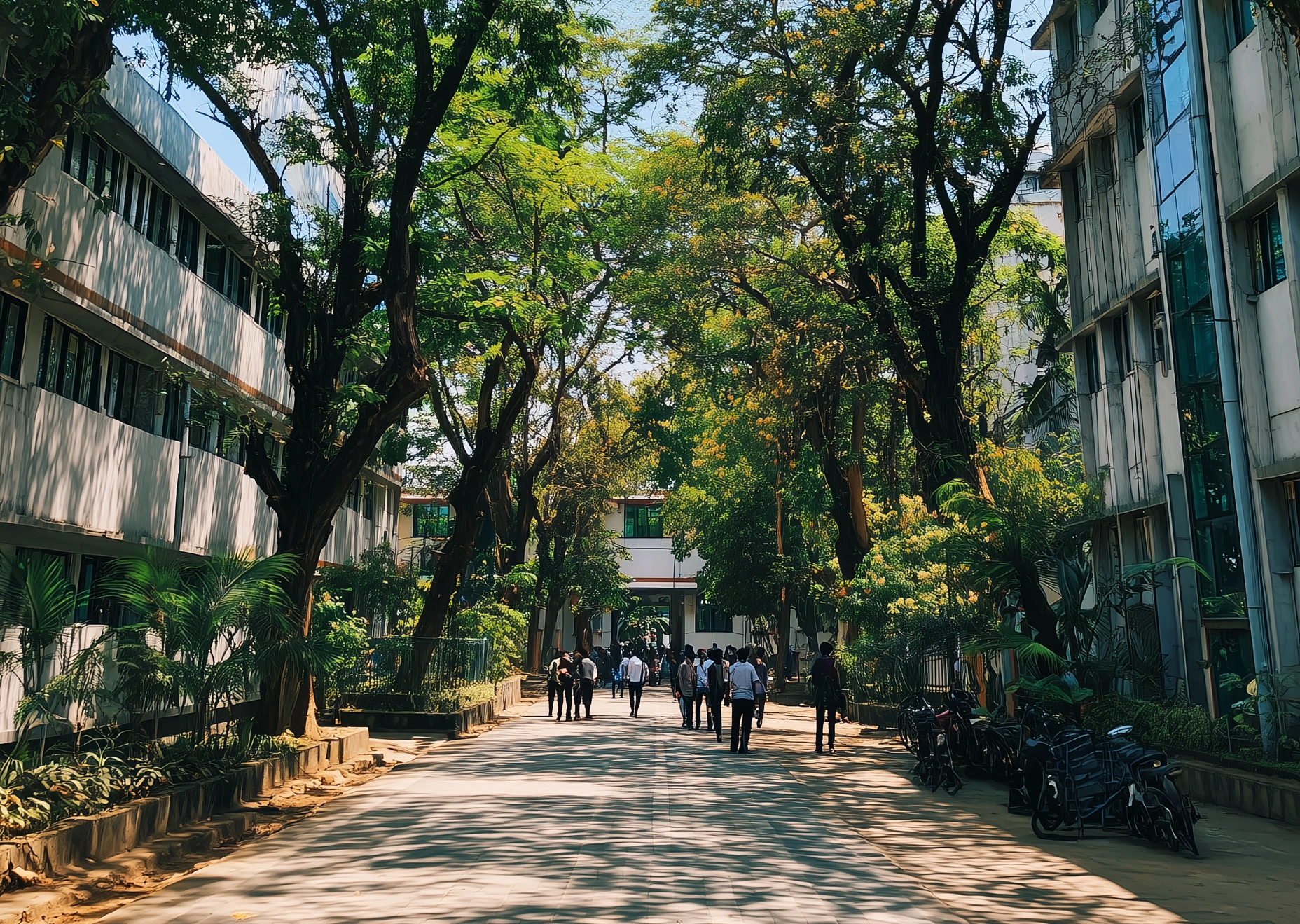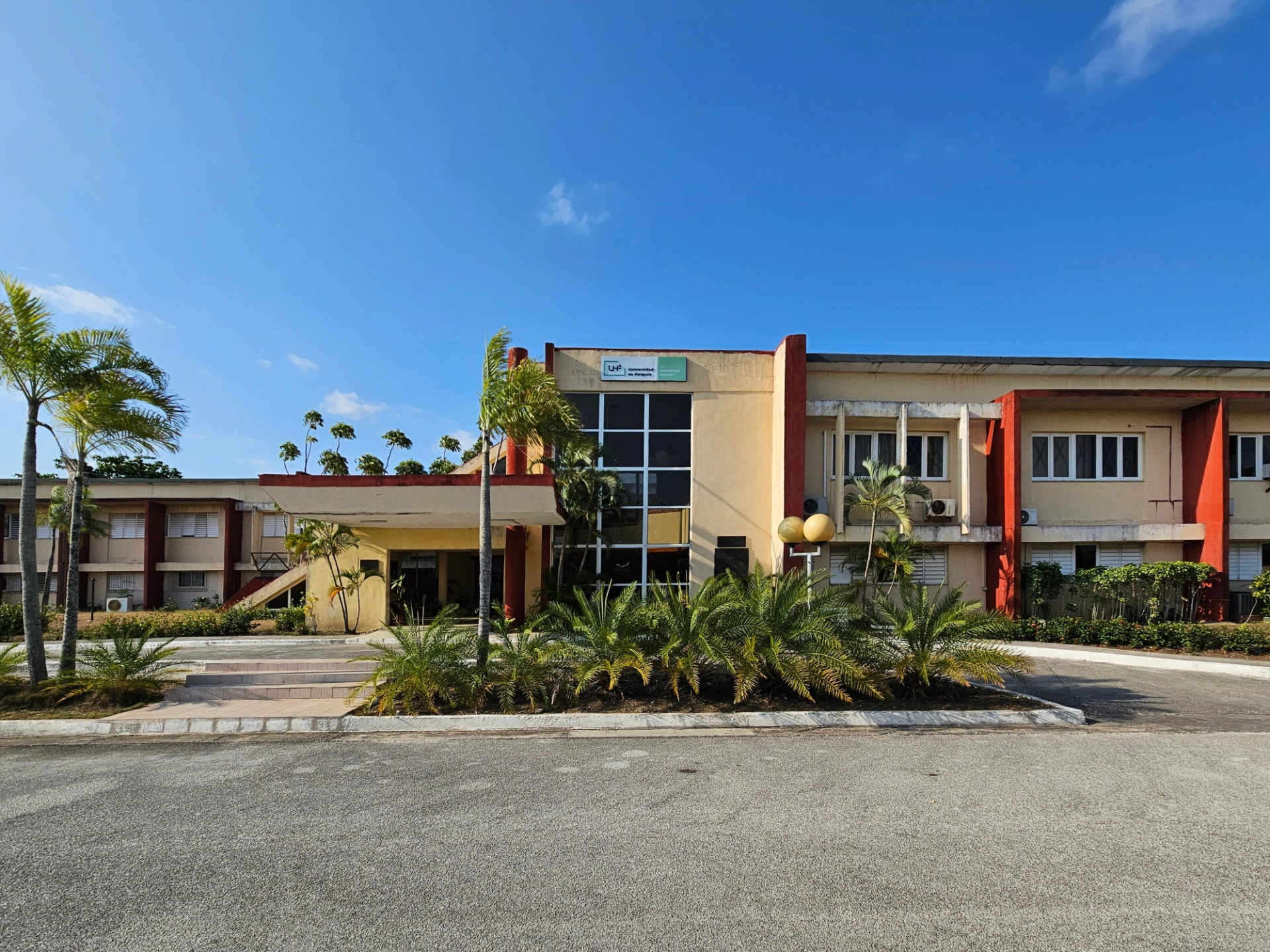Description:
The conference aims to contribute to the dialogue and reflection on the university´s role in social transformation, based on the principles of quality, sustainability and its relevance.
Venue:
The conference aims to contribute to the dialogue and reflection on the university´s role in social transformation, based on the principles of quality, sustainability and its relevance.
Symposium 1:
Higher Education and the challenges for the future: internationalization, digital transformation, financing and information perspective.
Panel:
XVII International Workshop on “Higher Education and its Perspectives”.
Abstract
Higher education has been key in (re-)shaping Cuban society since 1959 by impacting the cultural, social and economic transformation. The 1962 Higher Education Reform enacted the model of the university responsible for producing those effects. However, there remains a considerable sociological and anthropological gap in understanding this large-scale process of social transformation.
How did that reform encapsulate the entire history and culture of the (changing) society that generated them? What model of society and university are embedded in that document? How have concepts, meanings, actors, social groups and relationships been created and (re-)shaped within the higher education reform? Which effects have researchers observed?
The literature review shows several studies highlighting the role played by that reform in updating higher education and achieving a fairer society. On the other hand, a wave of more critical research inquiries into the effects of university policies in creating new social groups, (re-)producing (new) inequalities linked to race and economic, social and cultural capital, or adopting pragmatic and more business-like strategies. This paper describes how university access policies have impacted the Cuban social reshaping by addressing an anthropological perspective of higher education and policy. This analysis goes beyond the current understanding of university access and can aid policymakers in improving policies.



